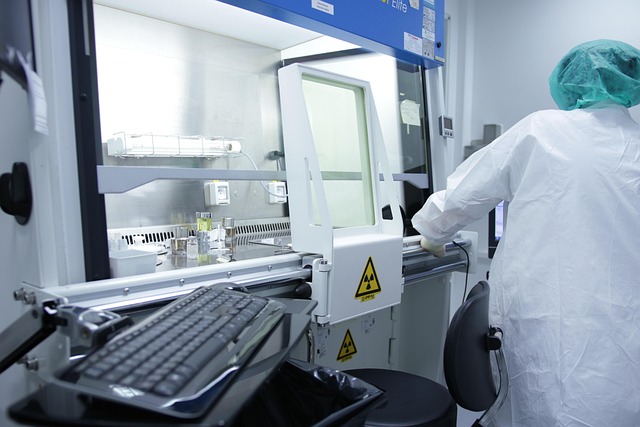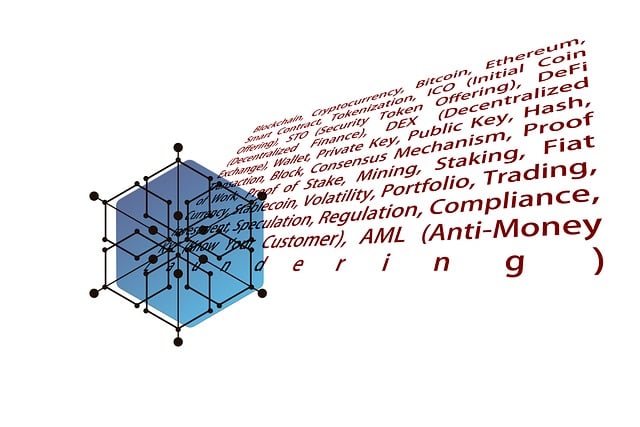Safety in the transportation industry is paramount, with background checks as a robust defense mechanism against potential risks. Comprehensive screening includes employment, education, and criminal records verification to maintain high safety standards and regulatory compliance. Rigorous processes mitigate employee misconduct, fraud, and security breaches, fostering transparency and accountability throughout logistics. This commitment enhances industry reputation and strengthens public trust in transportation industry compliance.
“The transportation sector, a vital cog in global commerce, faces stringent regulations to ensure safety and maintain industry compliance. This article explores the critical role of background checks in enhancing transportation industry compliance. From ‘Background Checks: Essential for Transportation Industry Compliance’ to ‘Best Practices: Maintaining High Ethics in Logistics’, we delve into strategies that safeguard roads, air, and seas. Understanding these regulatory standards is key to ensuring safe transport and upholding ethical practices within the dynamic landscape of modern logistics.”
- Background Checks: Essential for Transportation Industry Compliance
- Enhancing Safety: The Role of Thorough Screening
- Regulatory Standards: Ensuring Safe Transport
- Best Practices: Maintaining High Ethics in Logistics
Background Checks: Essential for Transportation Industry Compliance

In the transportation sector, ensuring safety and maintaining high standards is paramount, especially considering the intricate responsibilities involved in moving people and goods across vast distances. Background checks play a pivotal role in achieving this goal by providing a comprehensive overview of potential risks associated with individuals seeking employment or access within the industry. These thorough investigations are essential for transportation industry compliance, as they help identify any prior criminal activities, licenses, and qualifications that could impact an individual’s ability to perform their duties responsibly.
By implementing rigorous background check procedures, transportation companies can mitigate risks, protect public safety, and uphold regulatory requirements. This process ensures that only trustworthy and qualified individuals are granted access to sensitive areas, operating vehicles, or handling hazardous materials. Such diligence is critical in preventing accidents, ensuring secure operations, and fostering a culture of accountability throughout the entire transportation ecosystem.
Enhancing Safety: The Role of Thorough Screening

In the transportation industry, ensuring safety is paramount, and background checks play a pivotal role in achieving this goal. Thorough screening processes act as a robust defense mechanism against potential risks and threats that may arise from within the workforce. By delving into an individual’s history, including their employment, education, and criminal records, transport companies can make informed decisions to maintain high safety standards. This meticulous approach helps identify individuals who might pose a danger or have undisclosed issues that could impact their ability to perform duties securely.
Comprehensive background checks foster a culture of compliance within the transportation sector. They enable employers to create a safe working environment by verifying the integrity and reliability of employees, drivers, and contractors. Such measures are especially crucial when dealing with heavy machinery, hazardous materials, or transporting people over long distances, where even a single lapse in judgment can have severe consequences.
Regulatory Standards: Ensuring Safe Transport

In the transportation sector, maintaining safety is paramount. Regulatory standards play a crucial role in ensuring that everyone involved—from drivers and operators to maintenance personnel—meets specific qualifications and background checks. These stringent measures are designed to uphold the highest levels of integrity and competence within the industry, thereby safeguarding both passengers and cargo during transit.
Transportation industry compliance involves rigorous verification processes that extend beyond simple license checks. Background investigations delve into an individual’s history, including criminal records, employment verifications, and drug screening, to mitigate risks associated with unsavory or unqualified individuals gaining access to sensitive operations. Such proactive measures not only protect the public but also foster a culture of accountability and reliability within the transportation industry.
Best Practices: Maintaining High Ethics in Logistics

The transportation sector, with its complex web of logistics and supply chains, faces unique challenges in maintaining high ethics standards. To uphold integrity within this dynamic industry, best practices emphasize comprehensive background checks for all personnel involved. This includes drivers, delivery agents, and warehouse staff—every individual contributing to the seamless movement of goods. By implementing rigorous screening processes, companies can mitigate risks associated with employee misconduct, fraud, and security breaches.
Moreover, staying compliant with transportation industry regulations is paramount. Background checks play a pivotal role in ensuring that sensitive cargo is handled by trustworthy individuals. Regular audits and updates to these checks keep pace with evolving legal requirements, thereby fostering an environment of transparency and accountability throughout the logistics process. This commitment to ethical conduct not only strengthens the reputation of individual companies but also bolsters public trust in the entire transportation industry.














